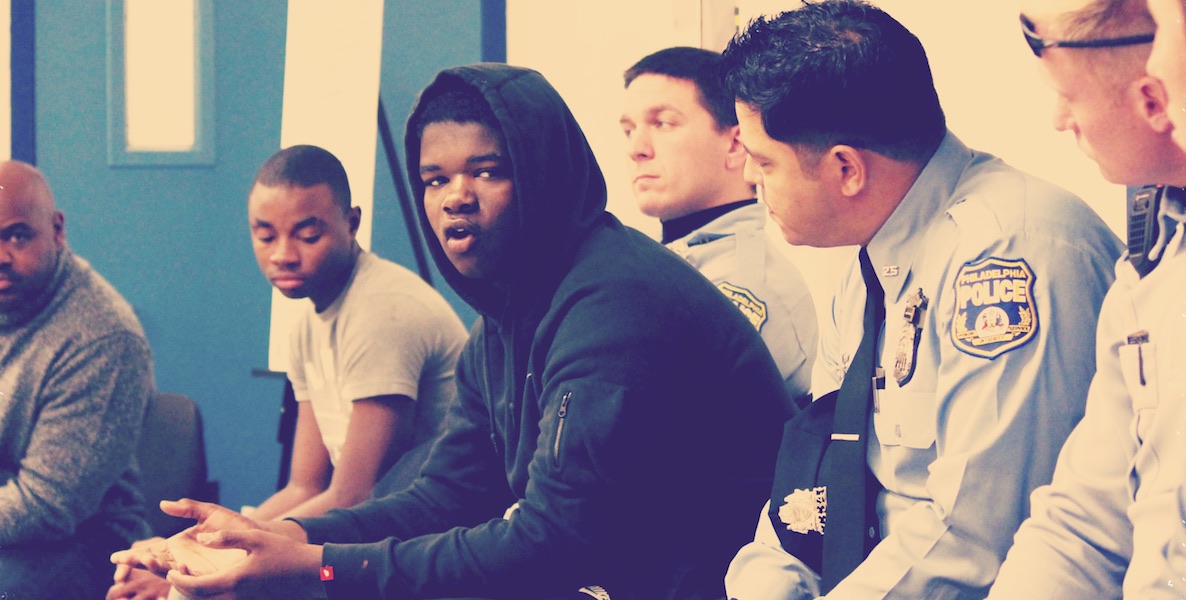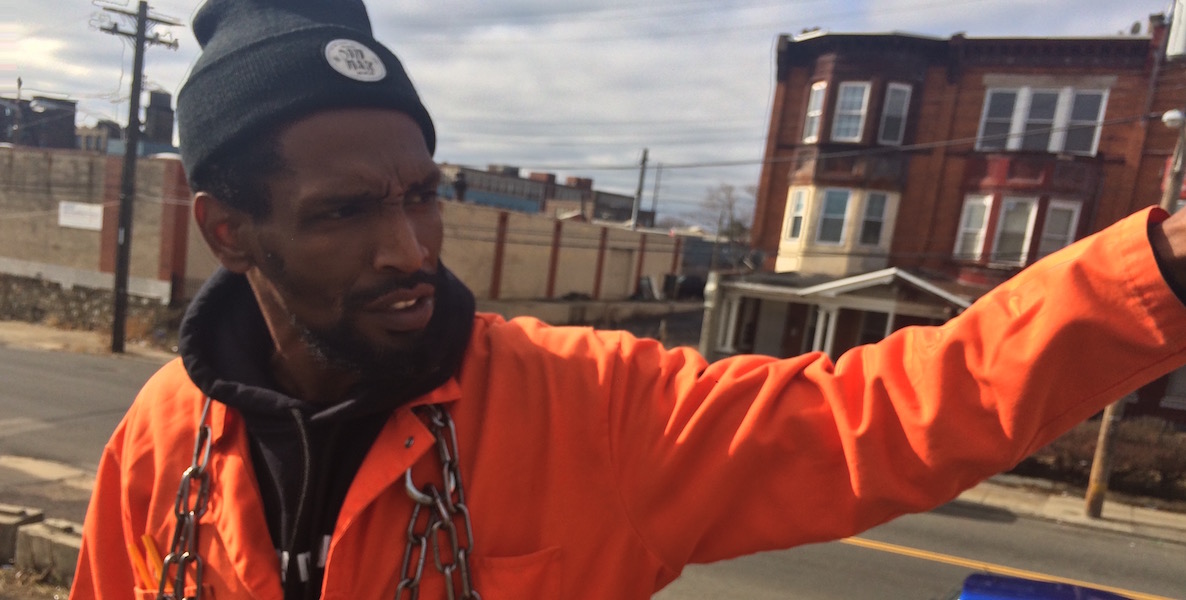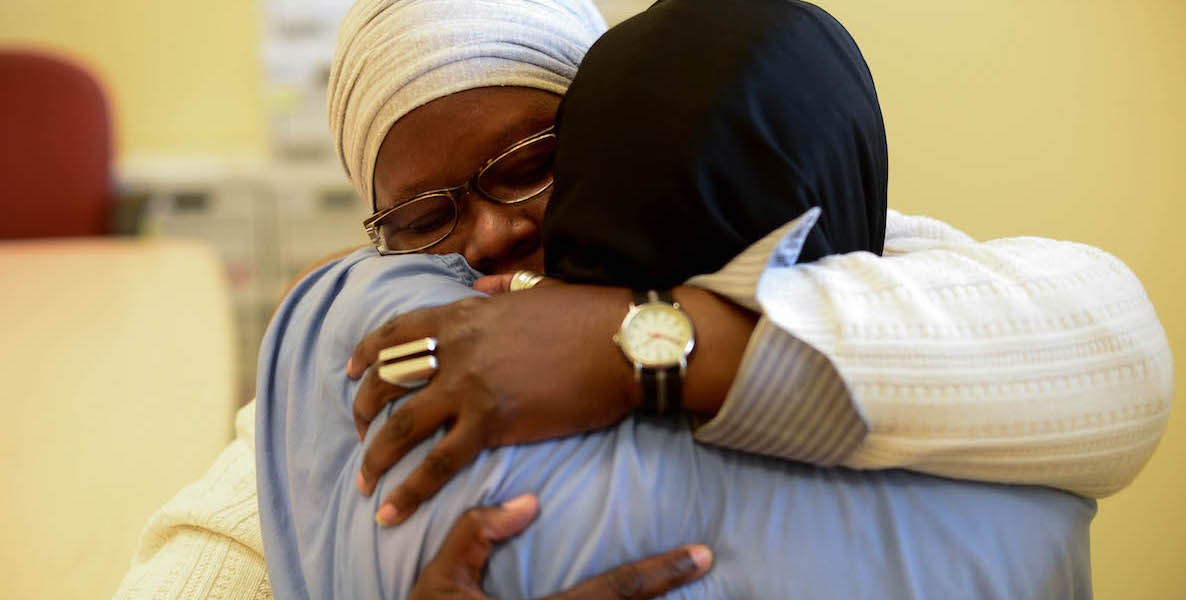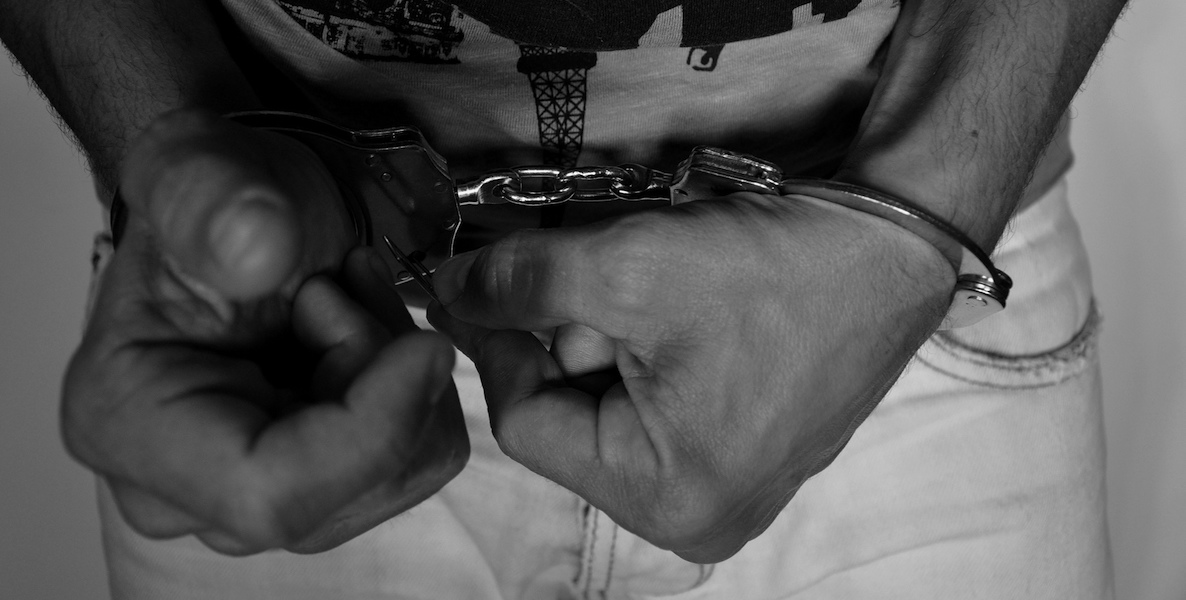Last year, Seth Williams was riding high. It was before the more than $160,000 in gifts he’d accepted had come to light, and before the recent indictment alleging that, among other misdeeds, he’d stolen from his mother. Before all that, Williams was receiving national accolades after announcing he would seek new sentences for those serving juvenile life without parole (JLWOP) and would no longer seek the sentence in subsequent cases.
“It’s my goal to give all of these individuals some light at the end of the tunnel,” Williams said. The New York Times editorial board wrote approvingly of the D.A.’s decision, stating: “Now that Mr. Williams has put that principle into practice, district attorneys in other counties with large numbers of juvenile lifers have a clearer path to follow.”
Williams seemed to be reacting to a sad state of affairs. The U.S. is the only nation that locks up its children and throws away the key. Pennsylvania leads all states with the most people serving life without parole for youthful convictions—approximately 500—with Philadelphia, the birthplace of American freedom, accounting for the lion’s share at 325.
They say you can judge a society by how it treats its children. If that is the case, then we’re not the sophisticated, enlightened city we like to think of ourselves as.
Making matters worse, Williams hasn’t stayed true to last year’s high-minded pledge. It’s been drowned out by all the other ways he’s violated the public trust, but when he recently announced he would, after all, seek juvenile life without parole in some cases, Williams proved that he’s incapable of taking a moral stand.
Pennsylvania leads all states with the most people serving life without parole for youthful convictions, with Philadelphia accounting for the lion’s share. Seth Williams recently reversed himself and is seeking juvenile life without parole in three cases, while still seeking draconian resentencing measures in others—amounting to virtual life sentences.
So far, since his about-face, Williams has sought juvenile life without parole in three cases. But he is still seeking draconian resentencing measures in other cases—amounting to virtual life sentences.
“It’s worth noting that while there are only three cases where life is being sought, there are others where 30 years to life and 40 to life is being sought,” says Lauren Fine, Co-Director of the Youth Sentencing & Reentry Project. “There are many cases that don’t fit with the narrative.”
How did Philadelphia and Pennsylvania get to the point of leading the nation on the wrong side of juvenile justice? The problem was years in the making. Certainly, the “superpredator” myths and the “get tough on crime” stances of the 1980s and 1990s played a role. “We are talking about kids who are caught up in an adult system and are caught up with adult sentencing statutes,” says Marsha Levick, Deputy Director and Chief Counsel of the Juvenile Law Center (JLC). Levick notes that these laws have been on the books since the 1920s. “There have been many, many plea bargains where juveniles entered pleas to life without parole instead of being tried for murder.”
Meanwhile, in 2012, the Pennsylvania legislature enacted a new sentencing law that was not made retroactive. Under the law, which is still harsh for children, juveniles convicted of first degree murder may receive a life sentence or a minimum of 35 years to life for 15 to 17 year olds, and 25 to life for children 14 and under. Young people convicted of second-degree or felony murder may receive 30 years to life if they are 15 to 17, and 20 to life if they are 14 or younger.
Some 30 percent of Pennsylvania’s cases are for second degree murder, which is murder during the commission of a felony. This is where a life without parole sentence gets complicated. “It’s a substantial punishment for someone who may have been a getaway driver who didn’t foresee a homicide in the enterprise they were engaged in,” says Bradley S. Bridge, Co-Chair of the Defender Juvenile Life Resentencing Project at the Defender Association of Philadelphia. Moreover, Pennsylvania has no minimum age to try juveniles as adults. Here, unlike in other states, you start in adult court—no matter your age. Bridge reports that he once had a client in adult court who was 11 years old.
There are challenges facing juvenile lifers who have been incarcerated for decades, and are finally released back into a society they do not know, and one in which they have not participated. Then there is the issue of innocence.
Take the case of Tyrone Jones, who was released just six months ago—one of the first juvenile lifers to get out of prison. Jones, now 60, was 16 when he entered the system, convicted of the 1973 fatal gang shooting of another teen in North Philly. Last year, he was resentenced to 35 years to life and paroled. Jones always maintained his innocence and said he was coerced into confessing. Now, as his lawyers at the Innocence Project of Pennsylvania and the law firm of Cozen O’Connor are working on his exoneration, Jones is speaking with lawmakers and others in an effort to change the system.
“I was 16 years old at the time, and spent 43 years in prison for a crime I didn’t commit. I spent my whole adulthood incarcerated,” Jones says, adding that he is starting his life all over again with the support of family. “I had to become a man on my own. There was nobody to look out for me. I had to protect myself with who I talked to make sure I was safe. I also kept my eyes on the prize. I got my education, took the vocational programs, always doing something positive.”
After years of the controlled prison environment he has known since he was a teenager, his readjustment to society has been “mindblowing, going from one extreme to another.”
Maybe people like Jones should have a voice when we start talking about criminal justice reform. “They need to scrap everything they have, look at how to make it fair and just,” he says, lamenting that when he entered prison there were five prisons in Pennsylvania—and now there are 30. “They’re taking children and certifying them as adults. Children should be treated differently. You don’t take a 15- or 16-year-old into custody, and if you don’t get what you want out of him, you beat it out of him.”
“Tyrone’s case was one of false confession,” says Nilam Sanghvi, staff attorney at the Pennsylvania Innocence Project. “False confessions are a big problem for the juvenile lifer population, given their age, lack of prior experience with law enforcement, lack of respect for authority, and the fact that, for many, their parents were not present during interrogation.”
Every first year law student learns that children are not as culpable as adults for their actions, due to their lessened mental development and greater capacity for rehabilitation. It shouldn’t take a legal mind to understand that children, not yet fully formed, should not be treated as adults and locked up for life.
“I was 16 years old at the time, and spent 43 years in prison for a crime I didn’t commit. I spent my whole adulthood incarcerated,” says Tyrone Jones. “They’re taking children and certifying them as adults. Children should be treated differently. You don’t take a 15- or 16-year-old into custody, and if you don’t get what you want out of him, you beat it out of him.”
So how can Philadelphia fight back against its reputation as the city that locks up its children? Well, 13 states have abolished JLWOP, providing a model to follow. President Obama, who helped create a new environment around criminal justice reform, recommended eliminating solitary confinement for juveniles. Experts and practitioners are waiting to see if the scale tips in the opposite direction given the new political climate in Washington.
In two cases since 2012, Miller v. Alabama and Montgomery v. Louisiana, the U.S. Supreme Court has ruled that mandatory life sentences for children amounts to cruel and unusual punishment. Both cases discuss what needs to be done to address juveniles committing serious crimes. This includes an individualized approach that allows a judge or jury to consider mitigating circumstances in sentencing, while taking into account the child’s family and home environment and exposure to violence.
Meantime, there have been efforts to approach juvenile justice in Pennsylvania in a different way. Examples include the Casey Foundation’s Juvenile Detention Alternatives Initiative, which is reducing detention facility populations in 300 counties across the U.S. The MacArthur Foundation’s Models for Change program supports efforts that promote a “rational, effective and developmentally sound” juvenile justice system and creates models for reform that rehabilitate young people, while holding them accountable and increasing their life chances.
“What I hear from a lot of the guys is the system is set up for you to fail,” Tyrone Jones says. “Rehabilitation went right out of the window. ‘Our job is to keep you locked up.’ That is the role of the criminal justice system.”
Holding the title of juvenile lifer capital of America is not a winning proposition for Philly or Pennsylvania. Instead, we need to listen to the likes of Tyrone Jones and start from the perspective that all our kids are salvageable.
Header photo by Victor via Flickr






